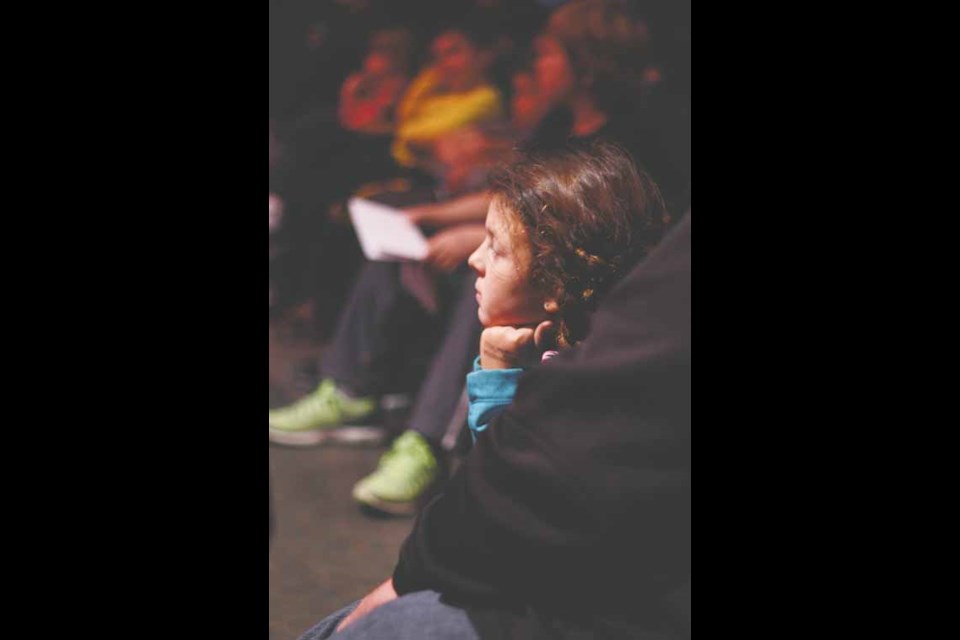John Kaplan found his calling early in life.
"I got hooked on magic as a kid, always wanted to be a magician," he said. "I read about Harry Houdini when I was just young and got a magic set for Christmas when I was nine and, you know, some things just choose you and that was what happened to me."
As a young magician he stumbled on a way of turning his show into a lucrative career.
"Years ago I did a performance for a school that asked me to do my show as a fundraising event for their parent committee," he explained. "They were very well organized they knew exactly how to go about putting the event together, promoting it, they did great and I thought to myself, well, there's a market."
He started promoting his show as a fundraising event and quickly ran into a brick wall.
"The very next show I did for the very next school was a disaster," he recalled. "They didn't know what they were doing, the tickets weren't selling, there were all sorts of reasons, but mostly they just didn't know what they were doing.
"That was the dawn of realization in my head that I have to give them more than the show," he said. "I have to give them a plan to follow, a promotional strategy, tips and techniques on how to sells tickets, how to promote the show to maximize their profits and over the years it's evolved to the point we've got a whole kit that we give to the group and I don't care if you're never done an event before if you follow that plan you can have a hugely successful event."
He said it seems simple, but it's not.
"What the fundraising plan kind of covers are the three, what I call the three main pillars of the event, planning, it's got to be well planned and organized; promoting, it's got to be well promoted; and profitability, you've got to maximize the dollar value for that event," he said. "Most people think in terms of a show as how much does the show cost, how many tickets do we need to sell and how much can we charge for our tickets and that's kind of the tip of the iceberg. In putting together an event like this there's so many profit centres, there's so many ways you can maximize your earnings at an event such as this and I've kind of identified that through working with a lot of different groups over the years."
For the Yorkton Lions Club October 5, the plan worked just fine. The Lions brought Kaplan in for two shows. Ultimately, they sold 637 tickets raising between $3,500 and $4,000, which will be used for community projects in the coming year.
Brian Kruger, chair of the event committee, said working with Kaplan was a pleasure.
"He's been very good," Kruger said. "Needless to say after 35 years he's learned a lot of things he needs to do to make a successful show and he's got a lot of it pre-packaged for us, so a lot of the work was done we were able to download a lot of advertising information and it's been very good."
Of course, the Lions are no strangers to fundraising themselves, but even so, there were some tense moments coming down the stretch.
"I have done a lot of fundraising myself, but I think the one thing that always shocks me about Yorkton is how everybody waits until the last minute to buy their tickets," Kruger said.
With that win-win strategy, Kaplan has been a performer all his adult life.
"I look at it as a career-building strategy, marketing myself as not only a great family show, but also as an event that will raise money," he said. "It has to work on both of those levels. In focusing on those two things I've kind of created a little niche for myself, which has given me what is now a 35-year career."



